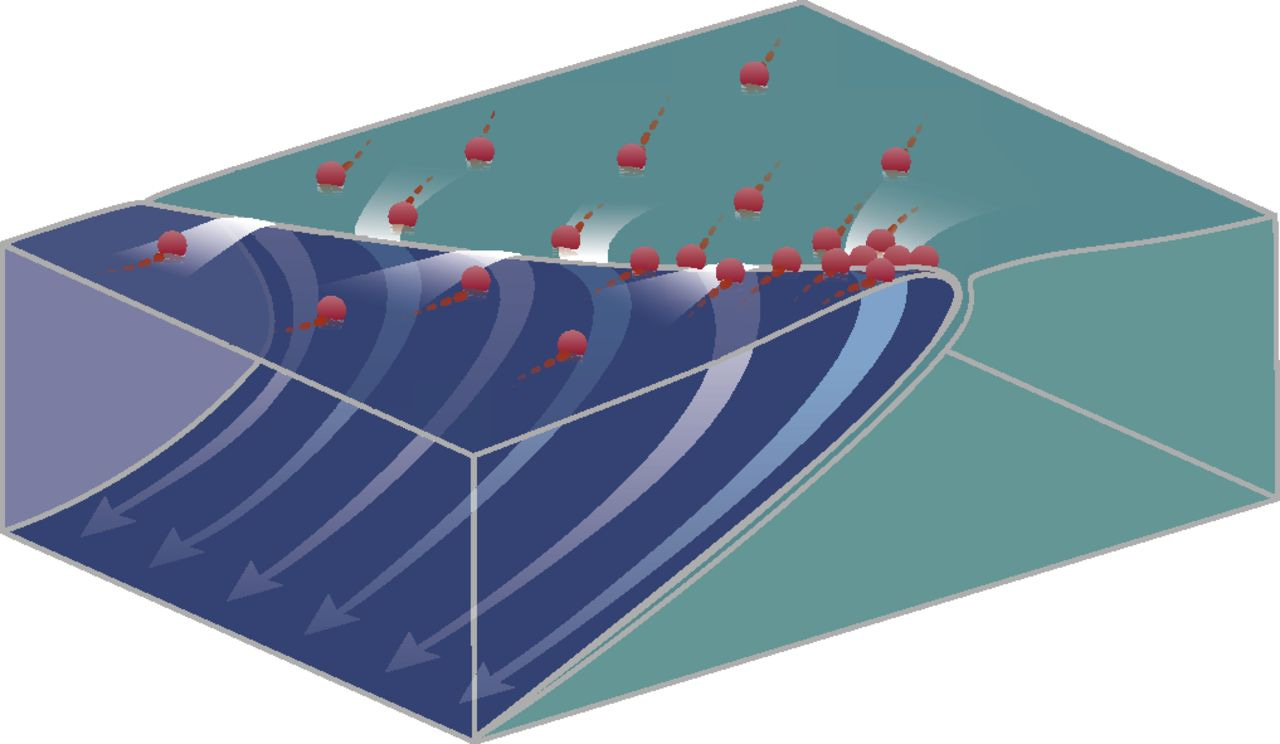The old guard knows how to navigate the mess.
The new guard sees the mess, and wants to avoid it.
➖
The old guard applies knowing (but tired) eyes.
The new guard applies fresh (but unwary) eyes.
➖
The old guard is skeptical other patterns can work (except what they want to try)
The new guard is eager to apply what worked elsewhere (or avoid what didn’t).
➖
The old guard has stuck around despite challenges. They are in a loop.
The new guard recently left their prior challenges. They’ve left a loop.
➖
The old guard wants a fresh start. Can the new guard help?
The new guard has a a fresh start. Will the old guard help?
➖
The old guard is hoping they’ll gain new advocates (to help stalled progress)
The new guard is hoping they’ll gain new supporters (to make progress)
➖
The old guard leverages informal networks.
The new guard is in network creation mode (and is stymied by informal networks).
➖
The old guard has implicit understanding (which is hard to communicate)
The new guard needs explicit explanations (and often doesn’t get those explanations)
➖
The old guard over-indexes on nuance (“don’t oversimplify things!”).
The new guard overlooks nuance (“don’t overcomplicate things!”).
➖
The old guard feels they know what to ignore.
The new guard has trouble knowing what to ignore.
➖
The old guard: “this is why it’s so hard!”
The new guard: “why are you making it so hard on yourself?”
➖
The old guard: “we need more autonomy, and fewer dependencies!”
The new guard: “why doesn’t anyone step up and own anything here?”
➖
The old guard is on auto-pilot, and that’s unsustainable.
The new guard is hyper-intentional, and that’s unsustainable.
➖
The old guard has optimism (and pessimism) steeped in reality.
The new guard has optimism (and pragmatism) steeped in possibility.
➖
The old guard is playing a long game seeking novelty.
The new guard is seeking quick wins seeking regularity.
➖
The old guard seeks acknowledgement and trust.
The new guard seeks acceptance and trust.
➖
The old guard tries to preserve influence.
The new guard tries to expand influence.
➖
The old guard: “Yeah but...”
The new guard: “So what?”
➖
Did you enjoy this post? Please consider subscribing to my newsletter. It is free. A post each week.




As usual for the New Guard, rebuilding versus augmenting / adjusting is viewed as required. No learning from history, no leveraging wisdom, just start over. Good luck with that attitude.
I think the respective attitudes to "long-game" and "quick wins" might depend on their own and their institutions biases as much, if not more than, how long they've been in role. But, yes, I recognise so much of this of this. Great post as always.